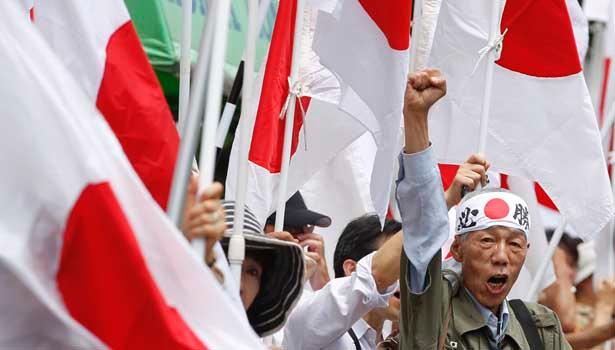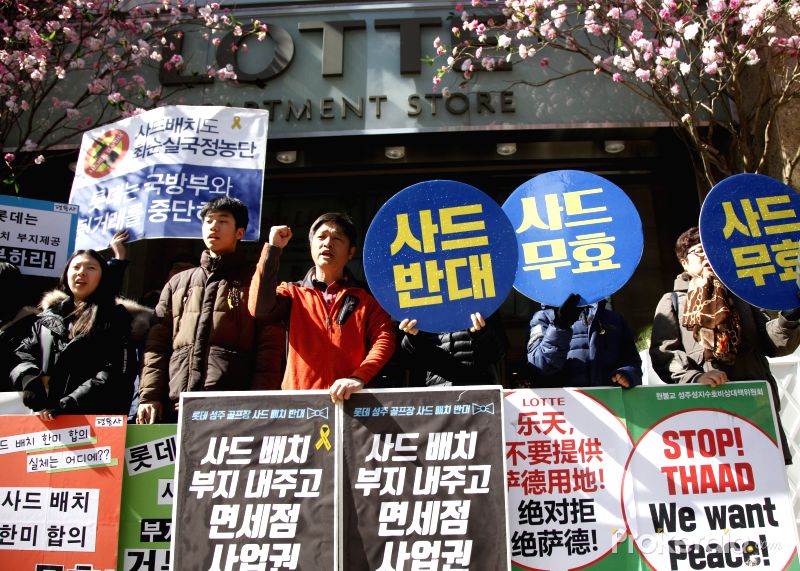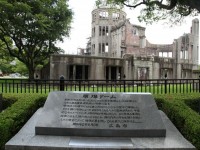Xu Duo
Fox Fellow, Yale University

Jun 13, 2017
Whereas nationalism in China was fused with “bottom-up” revolutions and thus had an inherent obligation to change existing conditions, nationalism in Japan, aligned with “top-down” restorations and later imperialism, was more a direct force of anti-revolutionary oppression with the obligation to preserve the status quo. Given that Japan’s nationalism is divorced from popular spontaneity and mass support, fears about “resurging Japanese nationalism”, albeit understandable, are probably misplaced.

Mar 03, 2017
The recent Lotte crisis is a recurring incident in East Asia’s power dynamic: one country wields economic weapons to score geopolitical goals against another. In a region where China and U.S. lack strategic trust and security cooperation, everyone stands to lose when economics and geopolitics get tangled. Keeping the two in separate dimensions and preventing risks from one realm spilling over into the other are imperative.

Mar 03, 2017
The recent Lotte crisis is a recurring incident in East Asia’s power dynamic: one country wields economic weapons to score geopolitical goals against another. In a region where China and U.S. lack strategic trust and security cooperation, everyone stands to lose when economics and geopolitics get tangled. Keeping the two in separate dimensions and preventing risks from one realm spilling over into the other are imperative.
Feb 09, 2017
Japan’s APA boss Toshio Motoya provoked criticisms from China by placing his revisionist history book in APA guest rooms. In this book, he claimed the Nanking Massacre was faked. This represents part of a perceptible shift in Japan toward conservatism, and it implies some deeper and larger change in the country’s overall mindset on war history. While self-deprecation has long overstayed its time in Japan, and self-respect is something better and urgently needed, at the same time it would be in Japan’s very interests not to be embarking on the road of self-aggrandizement.
Jul 21, 2016
Using his recent election win to focus on restoring Japan’s military would be abusing the mandate sanctioned through the democratic process. The election was won on economic issues and fears, and that should be the prime minister’s top priority.

May 25, 2016
One week before his Hiroshima visit, U.S. President Barack Obama said in his interview with NHK that his purpose is not to revisit the past, but to affirm the need of peace and a world without nuclear weapons. Whereas the declared message of his Hiroshima visit is denuclearization, the unspoken connotations could be more meaningful.

May 11, 2016
Obama will visit Hiroshima on May 27th when he attends the G7 summit held later this month in Japan. However, the visit may backfire and hurt Japan by touching off an inconvenient chain reaction. By fixating on the nuclear trauma while blotting out recollections of Japan’s victimization of others, Japan’s sense of its role as a victimizer has been weakened.